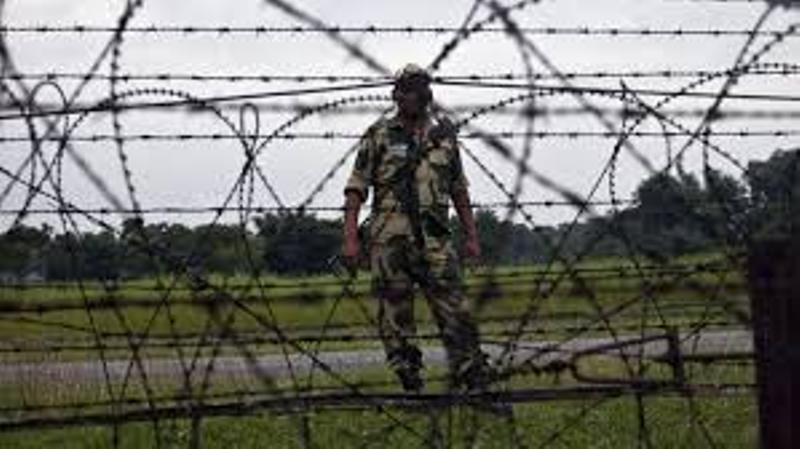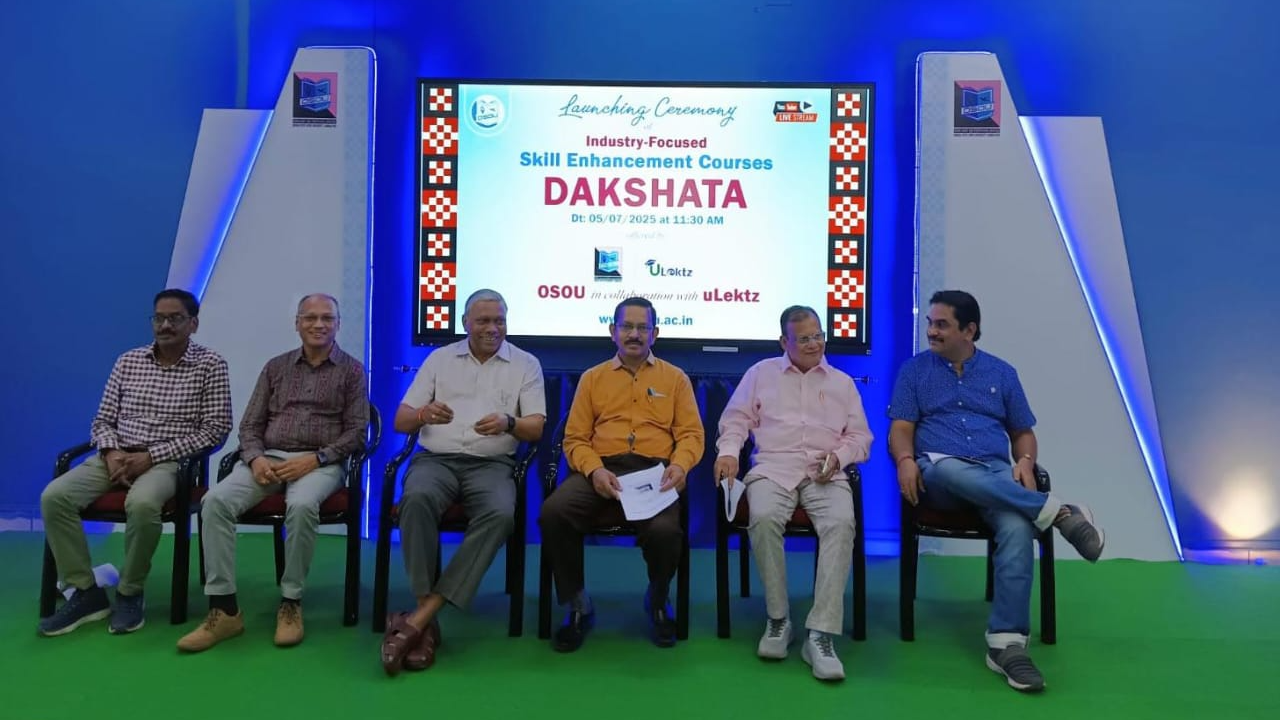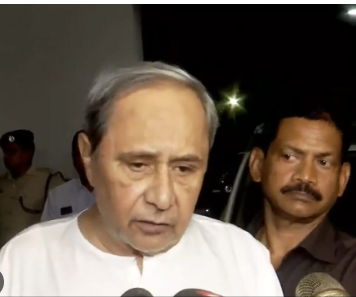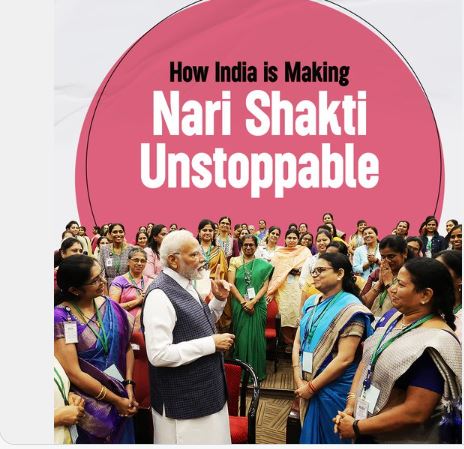Dialogue with Pakistan cannot be a one-way ticket

By Arun Joshi Every now and then, there are pleas, rather passionate ones, by traditional Kashmiri leaders asking the Narendra Modi government to hold talks with Pakistan to resolve the issues between the two countries, and their translation is clear, that without involving Islamabad, Delhi cannot find a permanent solution to issues facing the Himalayan region contested by India and Pakistan for the past 75 years. They cite events in history and the very nature of the geography, demography and the conflict of Kashmir to further their arguments for the talks, besides basing their logic that friendly ties with the neighbouring countries were inevitable for peace in the region. And since the stand-off in eastern Ladakh because of the Chinese aggression, this argument has been pushed forward with greater intensity: “ if talks can be held with China for easing the situation, why the same rule cannot be applied to Pakistan?”. The leaders have gathered greater arguments to substantiate their plea after the abrogation of the Article 370 in August 2019, which snapped the erstwhile state’s special status, exclusive privileges and bifurcated the state into two union territories. Their underlying objective stems from the fact that Pakistan, too, is seeking reversal of the decisions taken by the government of India on August 5, 2019, when the special status of the state was done away with. There is a convergence of their interests, but what is being ignored is that Pakistan is struggling to keep itself together, geographically and ethnically. It is a nation divided on so many lines, and where the army and the civilian leadership are fighting the ear for their respective supremacy almost on daily basis. Apparently, there appears nothing wrong with this push for dialogue with Pakistan, and there are instances when the dialogue between Delhi and Islamabad had lifted hopes of the people of Jammu and Kashmir, which also resulted in the much awaited cross-Line of Control travel and trade. The dialogue also serves larger interests, it deflects the international attention from the conflict and saves it from the interventionist zeal of the West and the Islamic countries. But, this is not the opportune time for the dialogue. First and foremost, Pakistan’s house is not in order. There is a leadership crisis. There is not a single leader who can speak for the nation. Pakistan Prime Minister Imran Khan, going by the rapid speed of events, and his growing confrontation with the army, is regarded in his won country as a man lost in chaos and confusion. The recent events, the Tehreek-e-Labbaik or TLP’s mass agitation in streets, where the activists of this ultra-extremist group killed and injured the policemen, and the talks with the terror group Tehreek-e-Taliban , Pakistan or TTP, have raised serious questions about the competence of the government to handle the things. The army and the civilian leadership, as it is said, are not on the same page. Pakistani media has reported that Prime Minister Imran Khan wanted use of force against the TLP activists occupying the streets on their march to Islamabad from Lahore, the army opposed it. Dawn newspaper reported on November 10 https://www.dawn.com/news/1657060/pm-allowed-force-use-but-military-opposed-it that before the agreement was stitched up between the government and the TLP, “ Prime Minister Imran Khan had authorized use of force ( against the protestors”, but the military leadership after “ reviewing the operational dynamics” opposed it. The army was worried about, the newspaper said, about the possible consequences and the “ probable blowback of casualties and its impact on public opinion.” There is a near unanimity in the judiciary, civil society, opposition and media in Pakistan that Afghan Taliban facilitated negotiation with the TTP, were a “ surrender of the state”. There is much of the debate going on in Pakistan, and Imran Khan is in dock. The terrorism is rising and there is a fresh wave of anger against the establishment in Balochistan. The whole system is imploding in Pakistan. In this situation, India is right in rejecting dialogue with Pakistan, though the old reason remains: “ Pakistan is continuing to export and instigate terrorism in Kashmir.” How can Islamabad expect talks when it is planning 24x7 to bleed India. And, the recent caustic comments of Pakistan NSA Moeed Yusuf while rejecting India’s invite to take part in moot on Afghanistan that “ a spoiler cannot be a peacemaker”, was unhelpful in creating an atmosphere for dialogue. The problem with leaders like Farooq Abdullah and Mehbooba Mufti is that while they are quite vocal in criticizing Delhi, they are quiet on Pakistan. India is right that it would settle its own internal issues. Pakistan will have to set its own house in order and also show that it really wants peace by stopping all its terror activities to qualify for a seat on dialogue for the overall improvement in bilateral issue. That’s not happening, therefore, India is justified in saying no to dialogue with Pakistan in these circumstances. The bilateral ties are not one-way ticket. About the Author: Arun Joshi is a senior journalist based in J&K. He has worked with Hindustan Times, Times of India, Indian Express, and The Tribune. He has authored “ Eyewitness Kashmir: Teetering on Nuclear War” and three other books. DISCLAIMER This is the personal opinion of the author. The views expressed in this write up have nothing to do with it.
Latest News

Mission Value & Employability: OSOU launches "...

Dalai Lama to celebrate his 90th Birthday tomo...

Puri Bahuda Yatra: 3 holy chariots reach befor...

Lalu Prasad Yadav re-elected as RJD President...

From Organizer to Champion: Neeraj Chopra Triu...

Dharmendra launches major projects at Central...

Naveen seeks MEA Jaishankar’s aid to rescue Od...
Copyright © 2024 - Summa Real Media Private Limited. All Rights Reserved.
























